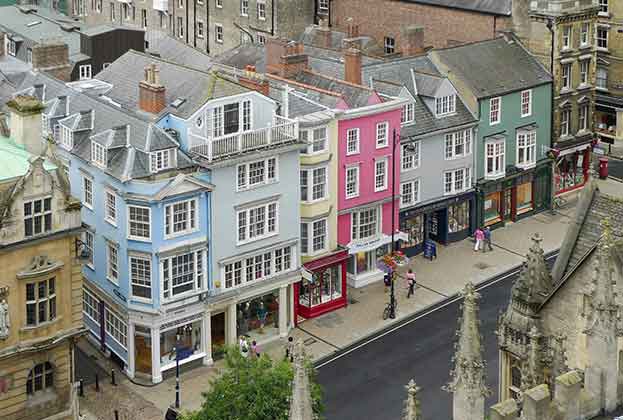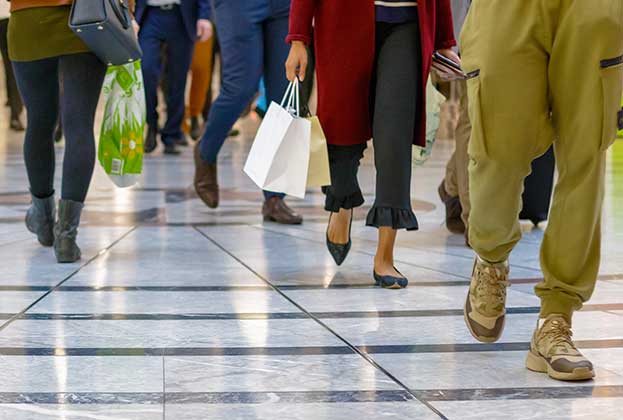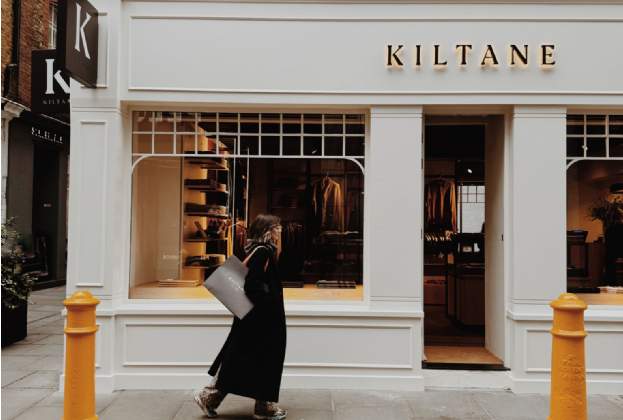With the recent news that the UK is to introduce new controls on single-use plastic items in 2020, it seems as though the world is listening to concerns over the long-term effects of plastic on the environment.
However, environmental awareness is also on the rise in the world of fashion, with the fashion industry’s impact coming under increasing scrutiny due to the effects of intensive cotton farming on the natural world. In fact, it is reported that it takes 2,700 litres of water to make one cotton t-shirt – the equivalent of what one person drinks in 2.5 years.
As a result, we are seeing a huge surge in eco-fashion start-ups, offering consumers a more sustainable alternative to everyday fashion. Independent brands such as Reformation, Know The Origin, Ninety Percent and All Birds are just a few retailers who are leading the charge in terms of style, sourcing sustainable materials and innovative manufacturing.
This rise in independent brands, along with increasing pressure from consumers and the media, means that the larger fashion retailers are stepping up and changing their ways. H&M has expanded its ‘conscious range’ and is also the first brand to launch transparency labels for all garments on its website. This year also saw Adidas introduce its first 100 per cent recyclable trainer and Reebok created a trainer made from corn and organic cotton.
While the majority of the eco start-ups began life online, an increasing number are beginning to appear on our high streets, and as they continue to scale up we can expect to see an increasing number of these retailers with physical store requirements. Footwear retailer All Birds opened its debut store in London in 2018 with a number of other brands including Know The Origin and The Wardrobe Workshop making physical retail debuts in the form of pop-ups.
Pop-ups are a natural step in the growth of an online business and often lead to more permanent space being acquired in the future. Furthermore, having a physical space – whether permanent or pop-up – enables a brand to interact with the consumer and raise their profile amongst passing footfall.
Brands have the ability to offer experiences and events, with Know The Origin having recently held talks on relatable topics such as ‘scaling up a small ethical business’ at its pop-up space in London’s Soho.
This greater emphasis on sustainability within fashion retail means that landlords are following suit, placing increasing importance on environmentally and socially ethical asset management.
As eco-brands continue to scale up, this will provide mutually beneficial opportunities for both retailers and landlords, encouraging landlords to become more environmentally responsible whilst offering consumers a new, diverse tenant mix.
Further information

.jpg)







.jpg)
